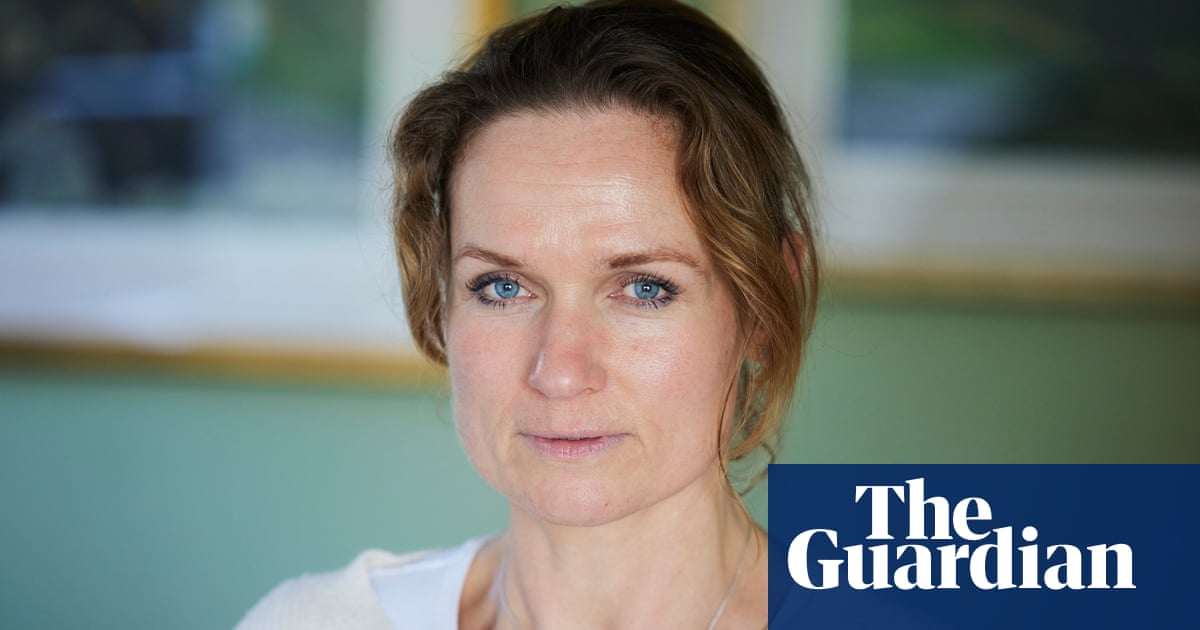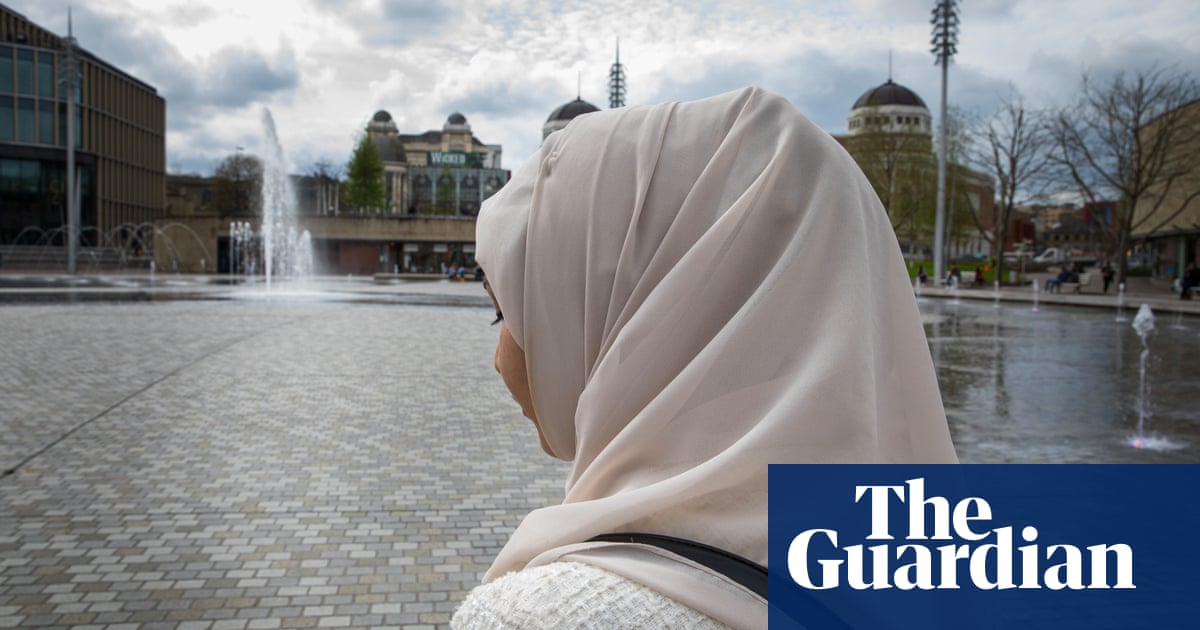
A woman who was raped by her former partner has told how her fight for justice in the family courts left her traumatised. The woman, who has a son with her ex-partner, first put the allegation of rape to the court in 2021 after the father, who she also accused of coercive and controlling behaviour, made an application to spend more time with his child.
The allegations were dismissed by Judge Christopher Dodd but the woman later won an appeal to have her case reheard on the basis of errors made by Dodd, including that he had failed to facilitate the provision of “special measures” designed to help victims of domestic abuse to give their best evidence.
Last month a different judge found that the woman had been raped, but only after she gave evidence all over again at a week-long trial in April, attended by the Bureau of Investigative Journalism [TBIJ].
Speaking afterwards, the woman said: “When I took to the stand I was having a panic attack, triggered by the memory of the last proceedings. I couldn’t breathe. It was horrendous.”
Her case was one of the first private law cases to be brought under a reporting pilot designed to improve transparency in the family courts.
It was overseen by Judge Clive Baker in Carlisle. He issued a “transparency order”, outlining the conditions under which the case could be reported, by the media but because of a parallel criminal investigation into the rape, this was placed under an embargo. However, TBIJ successfully had this overturned at a hearing on 9 October, with the judge giving permission to report.
The child at the centre of the dispute was conceived not long after the couple began dating, having met online and not yet had the chance to get to know each other properly. He has always lived with his mother but has had intermittent contact with his father – which deteriorated over time. He said he feared being alone with him because he would push him around during “horseplay” or pull the hairs on his legs.
The unwanted behaviours were among a list of more than 60 allegations the woman asked the court to examine alongside the rape and other incidents she said amounted to a prolonged pattern of coercive control by her ex.
The father said this amounted to “parental alienation”, which describes when one parent manipulates a child into rejecting the other parent for their own reasons.
The case is significant because the dynamics speak to wider concerns and debate about the use of parental alienation as a legal tactic to counteract or silence genuine claims of abuse. The Family Justice Council – an advisory body to the judiciary – is now consulting on how the courts should respond to allegations of alienating behaviours.
When the mother gave evidence for the second time, in April, she trembled and was fighting back tears as she stood in the witness box, this time behind a screen to shield her from her ex-partner – a part of the “special measures”.
She told the court: “We were in here last time: it was really traumatic. The faith I had in the system failed me. The evidence I gave wasn’t listened to. I could see and hear [the father]. He was sniggering during the evidence. I appreciate there are screens but this is really traumatising.”
She said her ex-partner had been coercive and controlling from the start of their relationship. During her pregnancy, she said, he made her hide in a room when his friends came over, shouted at her when she fell asleep watching a film and smacked her on the behind so hard it left a handprint. They continued an on/off physical relationship after splitting up in 2014 but the mother said their sexual relations had ended before the occasion in 2017 when he raped her during a visit to see his son.
Asked why it took her until 2021 to report the rape, she said: “I’m ashamed at what I’ve allowed him to do to me. I’m quite successful in everything else I’ve done. I wasn’t successful in stopping him from mistreating me or [our child].”
Questioned by her barrister, Charlotte Proudman, about the nature of the father’s “horseplay” she responded: “I wouldn’t say it’s horseplay. I would say it’s physical abuse. He has always pushed him over and laughed. If he was playing on the floor with toys, he’d stand on his finger. He’d punch him in the stomach, have him in headlocks.”
The father denied hurting the boy but reframed the allegations as harmless games. He conceded he would pull his son’s leg hair but added: “I’m not a heartless, uncaring parent.”
He also dismissed claims that during sexual intimacy he would exert pressure on his ex-partner’s neck against her wishes, causing her to panic. “At the very most I may have put fingers just above her collar bone,” he said.
And he firmly denied raping her at her home in 2017, saying sex had always been consensual.
Baker laid out his findings in a judgment published last week. He formed the view that the father’s behaviour “pushed the boundaries of acceptable parenting” and that some of his actions towards his son could be considered abusive, albeit at the “lower end of the spectrum”.
On the allegation of alienation, Baker wrote: “I’m acutely conscious that the term parental alienation is controversial and debates around the issue often speak of it being a ‘theory’ or a ‘science’.
“As the higher courts have made clear, it refers to something that is neither of those things and in fact is not a particularly helpful shorthand for the necessity in some cases to examine the factual matrix that underpins a child’s wishes and feelings.”
Baker ruled that the woman had been raped by the father in 2017 and that the man’s pursuit of sex “was coercive in that it was exploitative of the woman’s vulnerabilities”.
In an interview the woman said the judgment brought relief but that the process – initiated in 2019 – had had a profound impact on her wellbeing. “Being back in court triggered memories of the other hearing. My ex was jovial throughout – it was sickening. I ended up being signed off work.”
Under the current rules, parents involved in family court cases risk being in contempt of court if they speak to journalists. But as part of the reporting pilot, parties may speak anonymously to the press.
The mother explained how she had spent more than £100,000 on legal fees since the point of the appeal, adding: “I will be working to pay back my family for years to come after borrowing the cash.”
Last year an appeal judge found Dodd had been wrong in refusing to examine the mother’s allegations of abuse and had criticised how the children’s guardian, working for the agency Cafcass, had dismissed the abuse as “historic”.
In a judgment Mrs Justice Morgan wrote: “When I look back at the Cafcass report and its characterisation of the allegations as ‘historic’ and the learned judge’s reliance on that … I am driven to the conclusion that [Dodd] has fallen into error.” And she said the court had failed to assess the mother’s request for special measures made “well in advance of the final hearing”.
Dodd’s errors have been far reaching, said the mother. “If it hadn’t been for his mistakes, I would not be out of pocket.”
And she said she struggled to put into words her “anger and disappointment” in Cafcass. “If [the guardian] had believed me and my son the court could have made findings [of rape] earlier,” she said.
Cafcass said it had undertaken a review of the case and shared the concerns raised by Morgan. It added that since 2021, in response to new guidance around domestic abuse, it had established mandatory training for all its guardians.
Information and support for anyone affected by rape or sexual abuse issues is available from the following organisations. In the UK, Rape Crisis offers support on 0808 500 2222 in England and Wales, 0808 801 0302 in Scotland, or 0800 0246 991 in Northern Ireland. In the US, Rainn offers support on 800-656-4673. In Australia, support is available at 1800Respect (1800 737 732). Other international helplines can be found at ibiblio.org/rcip/internl.html












